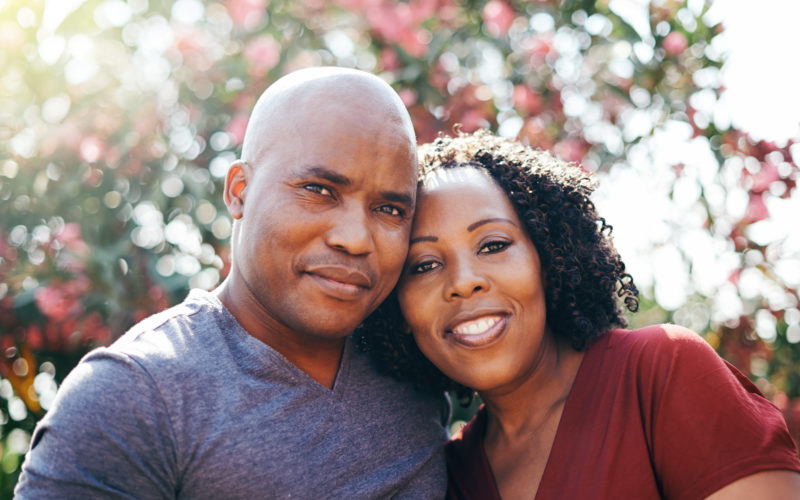What should young people know about colorectal cancer?

According to the American Cancer Society, there has been a sharp increase of colorectal cancer in adults as young as their 20s and 30s, with the proportion of cases found in adults under 50 increasing to 11 percent in 2013, up from 6 percent in 1990.
Bruce M. Boman, M.D., Ph.D, director of Cancer Genetics and Stem Cell Biology, and radiation oncologist Lindsay B. Romak, M.D., sat down at Christiana Care’s Helen F. Graham Cancer Center & Research Institute for a Q&A about these findings.
Have you seen an increase locally in young people who are being diagnosed with colorectal cancer?
Dr. Boman: Unfortunately, yes. Further, many of these cancers are diagnosed in the advanced stages, because we typically do not screen younger patients. By contrast, we are seeing that colorectal cancers in patients over age 50 are being diagnosed at an earlier stage because more people over that age are getting screened.
What are risk factors for colorectal cancer?
Dr. Boman: Family history can increase risk for colorectal cancer. Other factors for increased risk include a diet that is high in fat and low in fiber, not exercising and obesity.
How prevalent is colorectal cancer in younger people?
Dr. Romak: It is still uncommon for young people to be diagnosed with colon or rectal cancer; however, an increasing trend worries scientists. Recent data suggests that one-third of people with colorectal cancers are 55 or younger. An adult born in 1990 has a four-time greater risk of developing rectal cancer than someone born in 1950. An adult born in 1990 has twice the risk of colorectal cancer.
What are current guidelines for colorectal screening?
Dr. Romak: For the general population, screening is recommended at age 50. If the screening doesn’t reveal a problem, the patient would have another screening in five to 10 years. If concerning polyps are present, the patient would come back in a year or sooner.
Who should get checked for colorectal cancer at a younger age?
Dr. Boman: We would recommend screening at a younger age for certain individuals with a family history of colorectal cancer. Younger people with Crohn’s disease or ulcerative colitis also should be considered for early screening.
What symptoms would a younger person experience that warrant a conversation with the doctor about colorectal cancer?
Dr. Romak: Anyone who has rectal bleeding or persistent rectal pain should see a doctor immediately. Other signs that can be seen in colorectal cancer are a change in bowel habits and abdominal pain. With more advanced cancers there can be blockages that can result in nausea and vomiting. A change in the caliber of the stool can be a symptom of rectal cancer. The stools become thinner, pencil shaped.
How is colorectal cancer treated?
Dr. Boman: Most colon cancers are treated with surgery, often in combination with adjuvant chemotherapy or radiation. In earlier stage rectal cancer we sometimes can do a local excision. Chemotherapy and radiation also are options. Young people are often diagnosed late because we don’t expect it, and then it’s more advanced.
What can I do to reduce my risk of colorectal cancer?
Dr. Romak: Get a colonoscopy screening or occult blood testing, which detects tiny amounts of blood in the stool when appropriate. Eat a diet that is high in fresh fruits, vegetables and whole grains. Exercise will reduce your risk of colorectal cancer and many other diseases. There is data that suggests that smoking and alcohol consumption contribute to a number of cancers, including colorectal cancer. Don’t smoke, and limit alcohol intake to one drink a day.